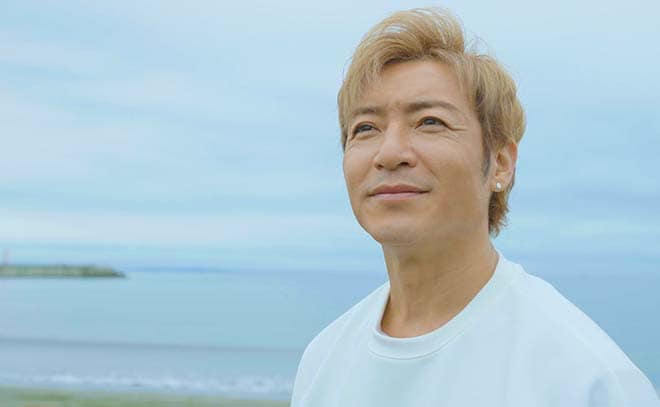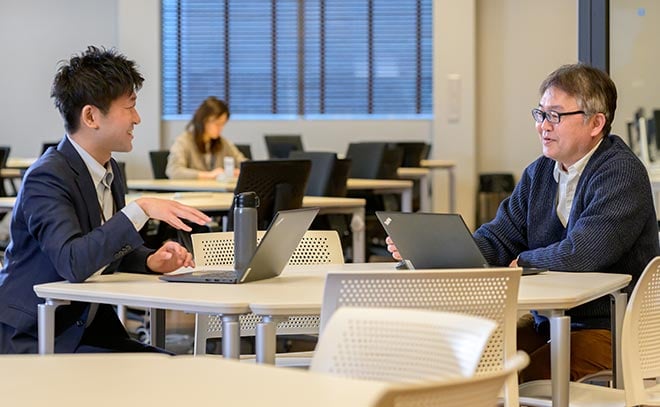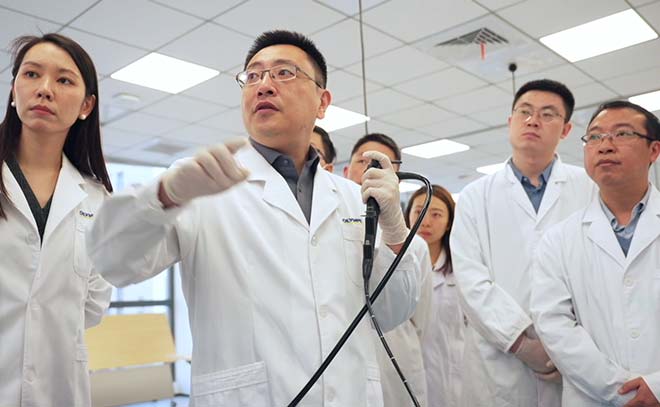HNPCC survivor calls for importance of knowing one’s own body
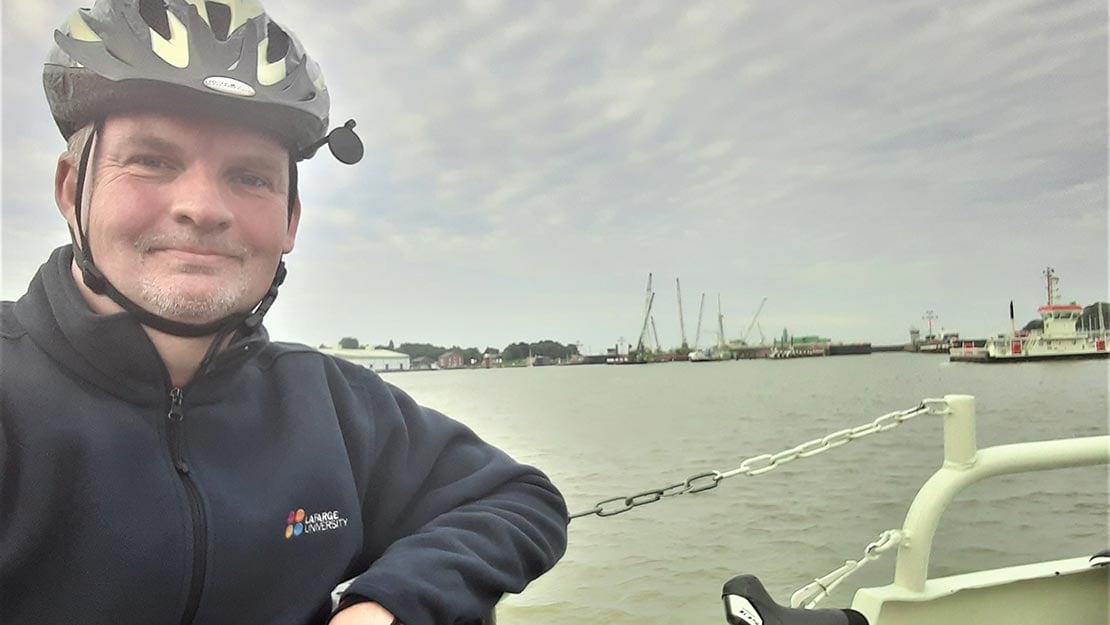
Dr. Christian Schneider, an experienced quality manager, works at a global cement firm based in Germany. At the age of 45, he was diagnosed with colon cancer through a colonoscopy and underwent surgery. The type of cancer he had was Hereditary Nonpolyposis Colorectal Cancer (HNPCC), which is said to account for 2 to 4 percent of all colon cancers. Christian overcame cancer through treatment and rehabilitation. We asked him about his experience as a HNPCC survivor.
Unexpected detection of cancer
In the summer of 2014, Christian was living in Vienna, Austria, with his family due to his work. As a sports enthusiast and cycling lover, Christian recalls he was quite confident and comfortable about his health condition. However, one day, Christian noticed something unusual with his body – blood in his stool. There was no pain, and the symptoms disappeared quickly. But after a while, he noticed that the same incident occurred several times. Christian went to see a doctor, after which he was advised to undergo an endoscopy. Christian was thinking if anything was wrong with his health, it would be something minor – but the result was quite unexpected. A tumor of a size around 4 centimeters was found in his colon during the endoscopy. “I was really frightened in the way I had never been before,” he said.
What is HNPCC?
The type of colon cancer Christian was diagnosed with was Hereditary Nonpolyposis Colorectal Cancer (HNPCC). It turned out that his genetic constitution was susceptible to developing certain types of diseases, such as colon cancer, at a relatively young age. The percentage of this type of genetic disposition being passed down from parents to children is said to be at around 50%. For Christian, who had no information about any relevant medical history of his parents or relatives, the diagnosis came as something totally out of the blue.
Right after hearing the news, Christian’s mother traveled 900km from her home in Germany to Austria. Many of his friends also prayed for him, he reflected. “I thought my main duty was to do the best I could to care for myself in order to be there for the family again as quickly as possible.” Supported by his friends and family, the acute sense of fear subsided as well, he said.
Three days after the first colonoscopy, Christian underwent surgery to remove the tumor. An open-abdomen procedure was chosen since a shadow was detected in his liver during the preceding examination. As a result of the surgery conducted at a university hospital in Vienna, nothing was found in Christian’s liver. The operation was successful.
Importance of knowing yourself and your body
Treatment for Christian was then followed by around one month of rehabilitation at a specialized clinic. His recovery was on track - “I was very happy when I was allowed to go cycling again near the rehabilitation clinic,” he recalled. About two months after the surgery, he returned to the office full-time at his previous professional duties.
Since HNPCC patients are said to be at a high risk of recurrence, Christian makes sure that he undergoes an annual endoscopic exmamination even after his recovery. He also takes care of his diet and exercises regularly. “You cannot change your genetic disposition, but knowing your genetic constitution and characteristics will help you prevent cancers or detect such diseases at an early stage,” Christian remarked. “The sooner you understand yourself, the better you can protect yourself.”
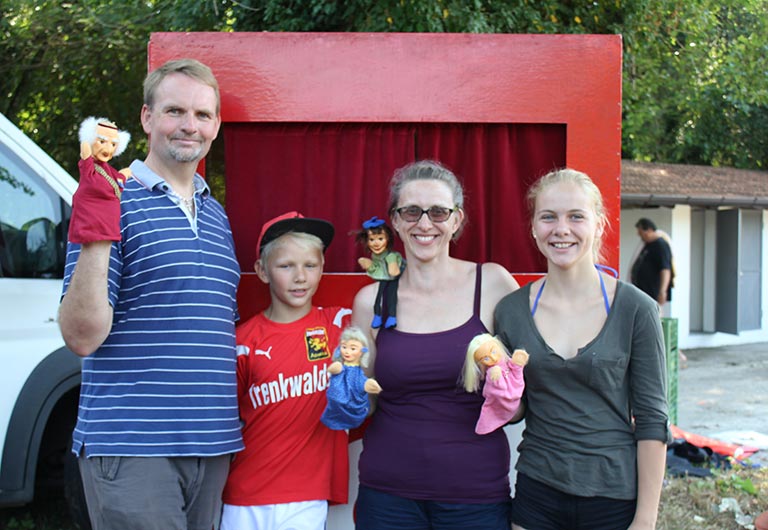
Nine years after the surgery, Christian is enjoying his life as he had before, both in his professional and his private life. He enjoys playing the guitar and engaging in sports, Christian said. “Through this experience, I have learned that caring for and supporting my family and those close to them start with knowing about myself and caring about my own health,” Christian commented with a smile.
※ The conditions, feelings and treatment of each patient may vary from person to person. Please consult your doctor for your diagnosis and treatment.


